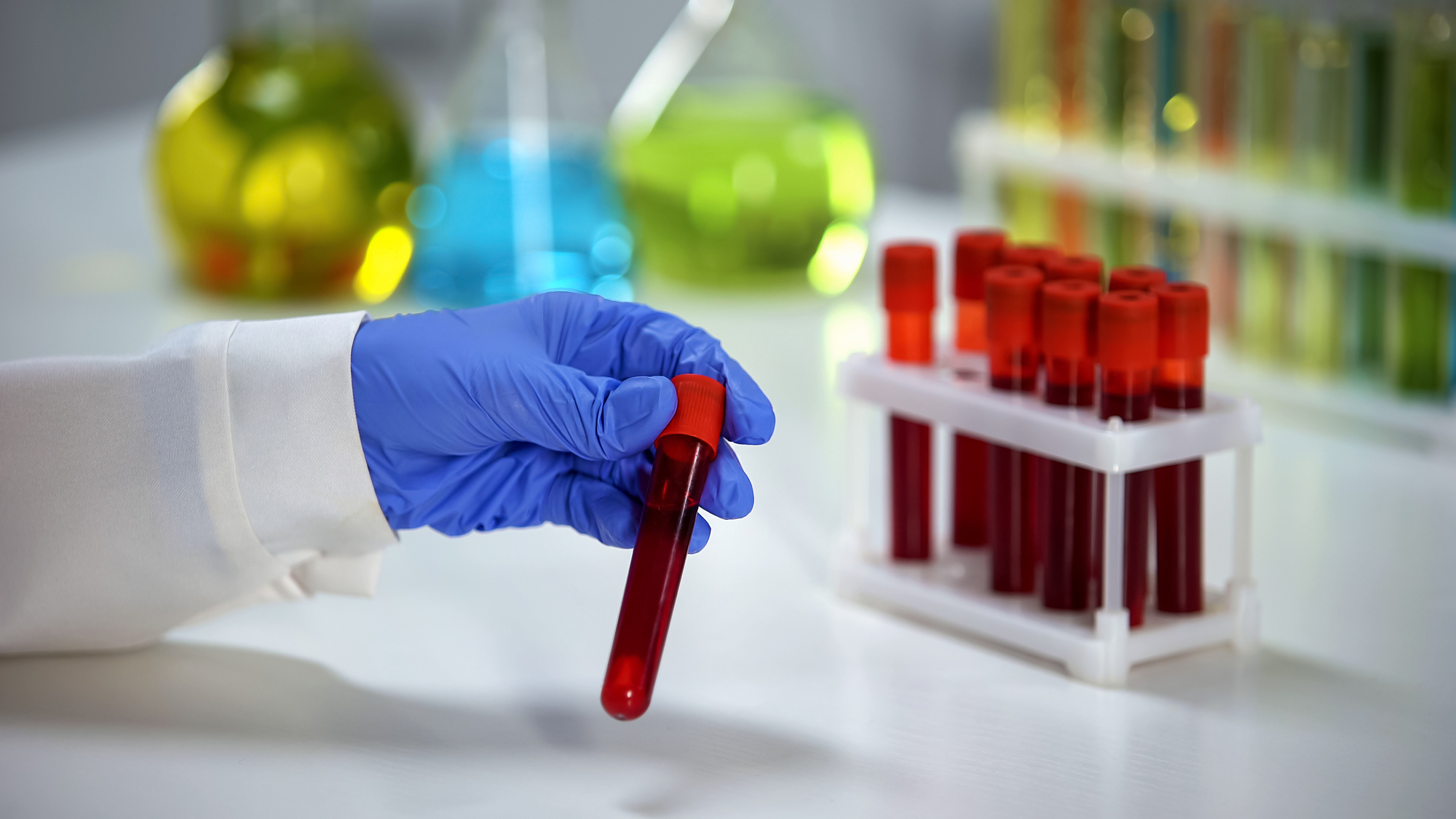Over-diagnosis is turning everyone into an “almost patient”

The increasing availability of health tests are turning people into patients unnecessarily, putting pressure on the health system to the detriment of people with real problems, public health council RVS has said in a report.
The government should shift its focus from testing to prevention, the council said in its recommendation.
“Diagnosis expansion”, or the increase in early diagnoses using MRI scans, blood tests and self-tests, can lead to “all of us being ill, if we don’t watch it,” RVS chairwoman Jet Bussemaker told the AD. “No one is 100% healthy and a scan will always show something,” Bussemaker said.
The Netherlands has mass screenings for breast cancer, cervical cancer and colon cancer and there have been calls for screenings for prostate cancer and lung cancer as well. The early diagnosis of Alzheimer’s is at an experimental stage.
Broader definitions of what constitutes a problem are also adding to the burden on the health service, the report said, leading to more people being diagnosed with ADHD, pre-diabetes and high cholesterol. For example, pre-diabetes, a new health category, has increased the number of “almost patients” to 1.4 million.
The council said early diagnosis remains important but that false positives and unclear findings can lead to unnecessary stress and medical interventions in people who have no symptoms.
For example, one third of men over the age of 60 are found to have prostate cancer when they die. However, screening the over 60s for the disease will increase the number of cancer patients, reducing their quality of life and subjecting them to serious complications even though they may never have had symptoms, the report said.
Overdiagnosis is driven by people’s fear of disease and the “earning model of the pharmaceutical industry”, the council said. “We are letting society get more unhealthy but at the same time, we are looking for diseases to treat those individuals.”
Instead, the council recommends the government look at “legal measures in the areas of food, smoking and living environment”. The report does not go into what that may entail.
The Netherlands has had an agreement to boost health in place since 2018 to cut smoking, problematic drinking and obesity. Last year, public health organisation RIVM found it was “failing across the board”. “More and stricter measures are needed,” the RIVM said at the time.
Thank you for donating to DutchNews.nl.
We could not provide the Dutch News service, and keep it free of charge, without the generous support of our readers. Your donations allow us to report on issues you tell us matter, and provide you with a summary of the most important Dutch news each day.
Make a donation